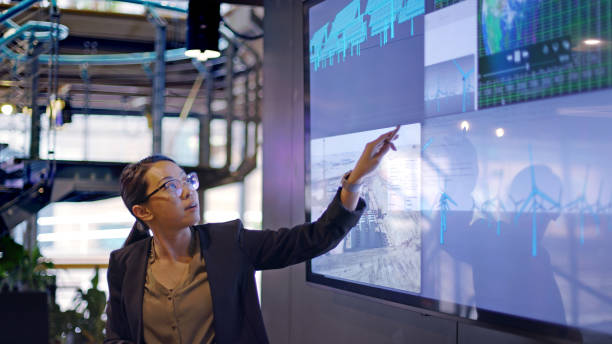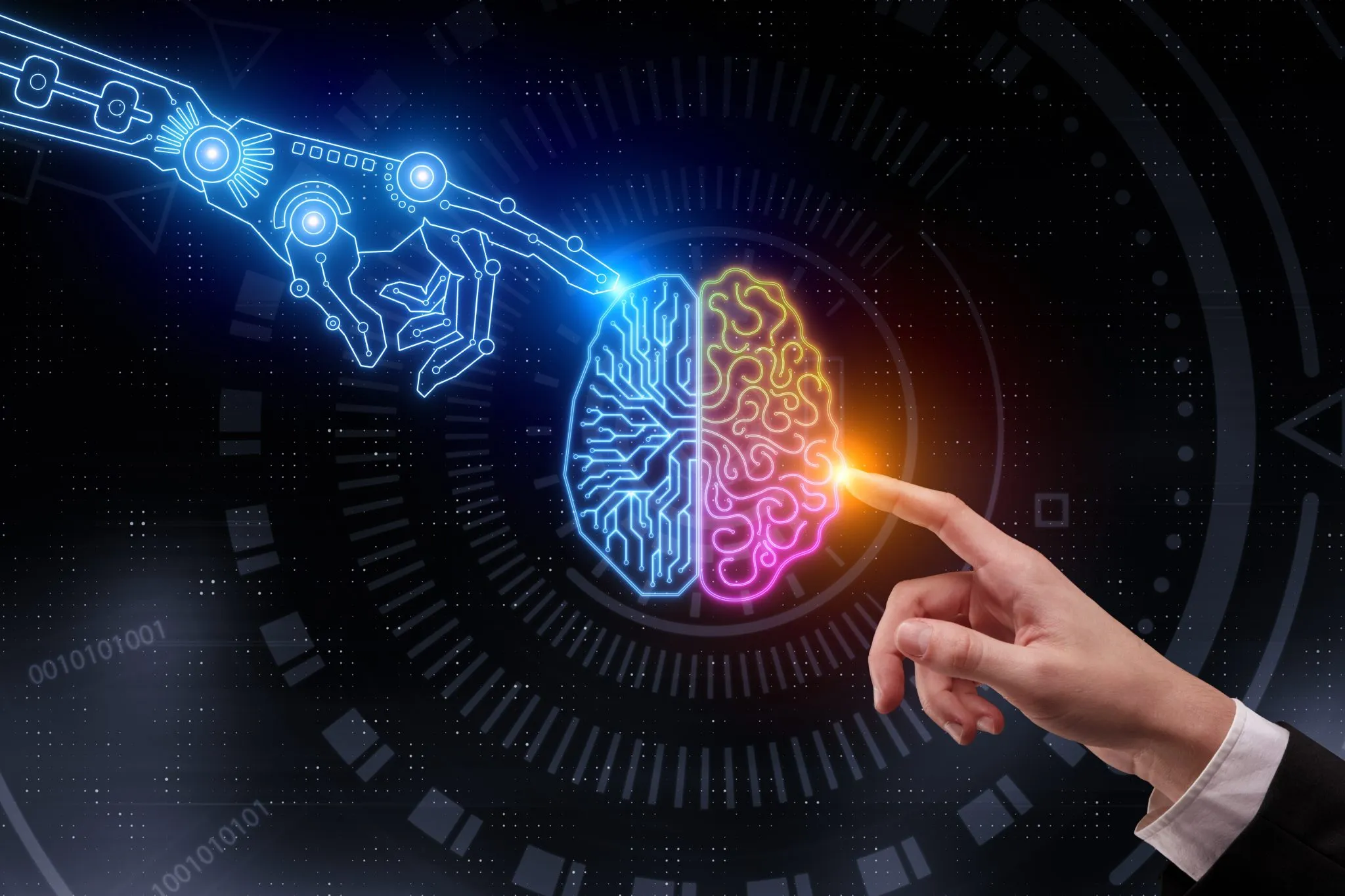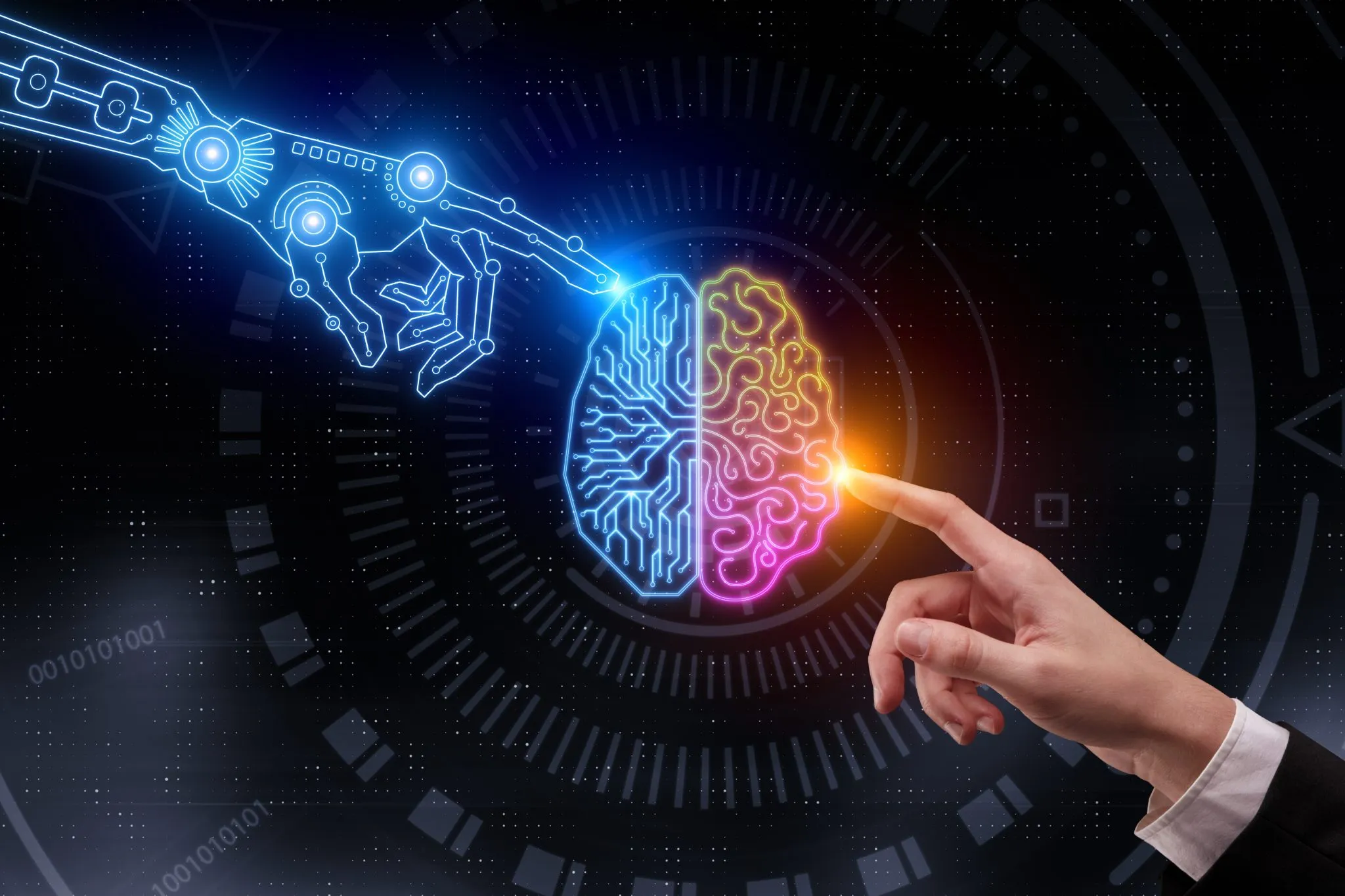What are the 10 latest technology trends
These innovations promise not only enhanced connectivity and smarter automation but also a more eco-conscious approach to tech development. Here’s a look at what are the 10 latest technology trends defining this dynamic year. Generative AI has continued to evolve rapidly, going beyond art and language processing to influencing complex industries like architecture, video game development, and scientific research.
With models capable of generating hyper-realistic content and simulating human-like interactions, businesses are leveraging these tools for unprecedented productivity. Robotics integrated with AI technology is now more sophisticated and adaptive. These machines can learn from their environment and adjust their behaviors accordingly, enabling use cases from autonomous delivery drones to healthcaring robots.
While asking what are the 10 latest technology trends, it is interesting to know that these enhanced AI algorithms make robots more reliable and capable of collaborating seamlessly with humans. While still in the experimental phase, quantum computing is seeing significant and remarkable breakthroughs.
Tech giants and startups alike are racing to create quantum processors that solve problems beyond the reach of classical computers. These advancements could revolutionize cryptography, optimization problems, and complex simulations in fields like material science and pharmacology.
Also on the list of what are the 10 latest technology trends, 5G technology has been a driving force for new developments in the connectivity space, but innovations are already moving towards 6G. Faster speeds and lower latency promise to revolutionize not only mobile networks but also enable better performance for IoT devices, connected cars, and smart cities.
AR and VR technologies are shifting from niche markets to more mainstream applications. The latest trend includes the integration of AR and VR in business meetings, training simulations, and digital twins, virtual replicas of physical entities used for monitoring and analysis. Mixed Reality (MR) is also gaining traction, blending real and digital worlds.
Another on the list of what are the 10 latest technology trends, blockchain technology has found broader applications in fields such as supply chain management, secure data sharing, and digital identity verification. Decentralized finance (DeFi) platforms and non-fungible tokens (NFTs) have also introduced new methods for artists and creators to monetize their work.
Environmental concerns are pushing companies to innovate in green technology. Sustainable data centers, energy-efficient algorithms, and eco-friendly manufacturing practices are at the forefront of tech design. Innovations like carbon capture technology and renewable energy solutions are being developed to reduce carbon footprints.
While reflecting on what are the 10 latest technology trends, the shift from cloud computing to edge computing allows data to be processed closer to its source. This trend significantly reduces latency and enhances real-time applications, such as self-driving cars and remote surgeries. Edge AI, which runs on local devices rather than cloud servers, provides faster responses and heightened data security.
The field of biotechnology is making major strides with CRISPR and other genome-editing tools, enabling scientists to modify genes to treat diseases more effectively. Personalized medicine based on a patient’s genetic makeup is becoming more prevalent, optimizing treatment plans and improving outcomes.
As cyber-attacks grow more sophisticated, cybersecurity strategies are adapting through a distributed approach called cybersecurity mesh architecture (CSMA). This model allows security perimeters to be built around the identity of individuals or devices rather than traditional approaches. This trend enhances flexibility and strengthens defenses against complex, multi-layered attacks.
Technology in 2024 is marked by intelligent automation, enhanced connectivity, and sustainability efforts. These trends continue to reshape industries, impacting how we live, work, and interact with our environment. Whether through the lens of AI, blockchain, or augmented reality, these innovations promise a future that is more interconnected and efficient.





